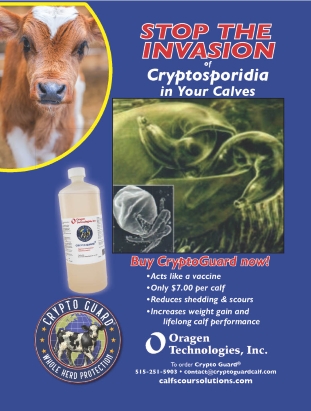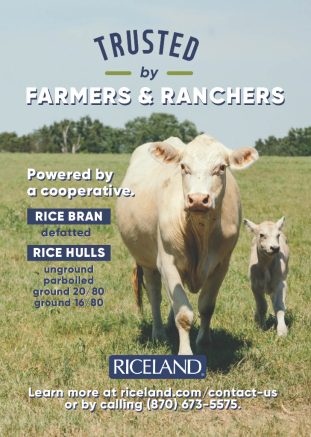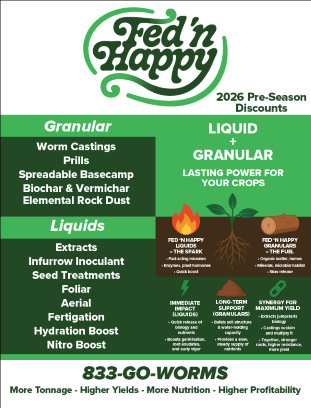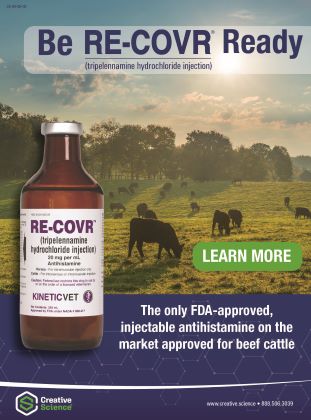Does IGG in Milk Replacer Do It’s Job?
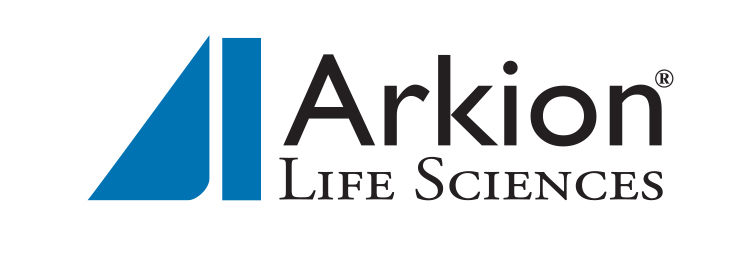
IS THE IGG IN YOUR MILK REPLACER DOING ITS JOB?
NEWS RELEASE
FOR IMMEDIATE RELEASE: Tuesday, July 9, 2024
New research shows the specificity of IgG contained in milk replacers varies widely.
(New Castle, DE) When it comes to the IgG antibodies in milk replacer, not all calf milk replacers are the same. Therefore, the new research presented at the American Dairy Science Association’s annual meeting in June, revealed a vast difference in the total amount of IgG contained in milk replacers, and in the specificity of that IgG to bind to and remove enteric pathogens that target pre-weaned calves.
Sparking the Idea
It was a conversation with a veterinarian at a trade show that sparked the idea for the analysis, explains Dr. Shawn Jones, Process and Development Manager at Arkion Life Sciences. The veterinarian oversaw a calf ranch that had a recurring issue with rotavirus infections. In addition to discussing the issue with some of his colleagues, he was told that the milk replacer contained antibodies effective against rotavirus that should take care of the issue. However, it clearly wasn’t working for him. “That’s what got us thinking, how can we design a test to measure the specificity of IgG in milk replacers?” says Jones.
Five commercially available calf milk replacers were selected for analysis. In other words, all products were made with milk components only. Such as, products from DFA, Denkavit, Land O’Lakes, Milk Specialties Global, and Provimi North America were used and were all compared on the same basis (a 10 oz. dose). To do the analysis, first a commercial ELISA kit was used to determine total IgG titers in each milk replacer sample. The IgG concentration ranged from 2.01 mg/g to 12.16 mg/g of milk replacer.
Next the IgG was extracted and purified from the milk replacers and then labeled with a horseradish peroxidase. Direct ELISAs were then conducted against nine antigens that cause scours in calves: Bovine rotavirus, Bovine coronavirus, Cryptosporidium parvum, E. coli (mix of K88, K99, 987P and F41), Salmonella Typhimurium, Salmonella Dublin, Salmonella Heidelberg, Clostridium perfringens (Type A and Type C/D). Each milk replacer sample was run in triplicate for each of the nine antigens tested.
Results
Results are reported as the absorbance at 450nm (A450). The A450 value is the raw output from the ELISA and is a measure of how much IgG is bound to the specific antigen of interest. The higher the A450 value the higher the specificity of the IgG antibodies for a specific antigen. The A450 values cannot be compared between antigens, only between milk replacer samples for the same antigen.
All samples were randomized to remove brand identifiers and to focus on the data analysis.
Results are shown below:
“Our analysis showed there was a wide variance in both the total amount of IgG contained, and the specificity of the IgG in the five commercial milk replacers tested,” says Jones. For example, even though Sample A and Sample E contained similar amounts of total IgG (11.1 mg/g vs 12.2 mg/g), Sample E had significantly higher A450 values (indicating higher specificity) for each antigen tested. High total IgG in a sample does not necessarily mean that the IgG has high specificity for the antigens on your farm. In order to assess a calf milk replacer’s ability to boost passive immunity on your farm, both total IgG and the specificity of that IgG should be tested. In Conclusion, these results demonstrate the dairy industry’s need for a testing service that can accurately determine the specificity of IgG to various antigens. That’s why later this year
Antibody Specificity Testing Service
Arkion Life Sciences will launch its Antibody Specificity Testing Service through Bio-Technical Resources, a division of Arkion, in Manitowoc, WI. The ELISA-based service will offer specificity testing of antibody-containing products or ingredients such as milk replacer, colostrum replacer, whey protein concentrate, and serum or plasma.
“This type of test has not been available before,” says Dr. Roger Saltman, consulting veterinarian, RLS Management Solutions, Cazenovia, NY “Few people have even considered how much IgG is available in the milk replacer being used on farm, or what gut pathogens that the IgG is specific to.” But this new antibody specificity test, will allow for the assessment of this important characteristic of milk replacers, and can be used as part of a medical workup when a scours outbreak occurs at a dairy or calf ranch. The first line of defense against pathogens for pre-weaned calves is the gut. Therefore, the ability to select the best milk replacer with the highest IgG specificity for the pathogens that impact your calves will be an important new management tool.
To learn more about the research go to www.egceligy.com or use the QR code below to view the ADSA presentation for Abstract 2199 “Measuring IgG and Specificity in Milk Replacers.”
About Arkion
Arkion® Life Sciences is a technology-based company that discovers, develops,
manufactures and markets environmentally friendly products and technologies that
provide modern solutions to today’s most significant problems. Arkion prices itself on
making innovative patent protected products that solve challenging problems for industrial
and consumer use.
CONTACT INFORMATION:
Michelle Tollefson, Director of Business & Marketing
EgCel® IgY Technology Business Unit
Phone: 302-504-7413
Email: mtollefson@arkionls.com
Website: www.egceligy.com





